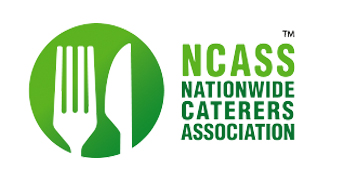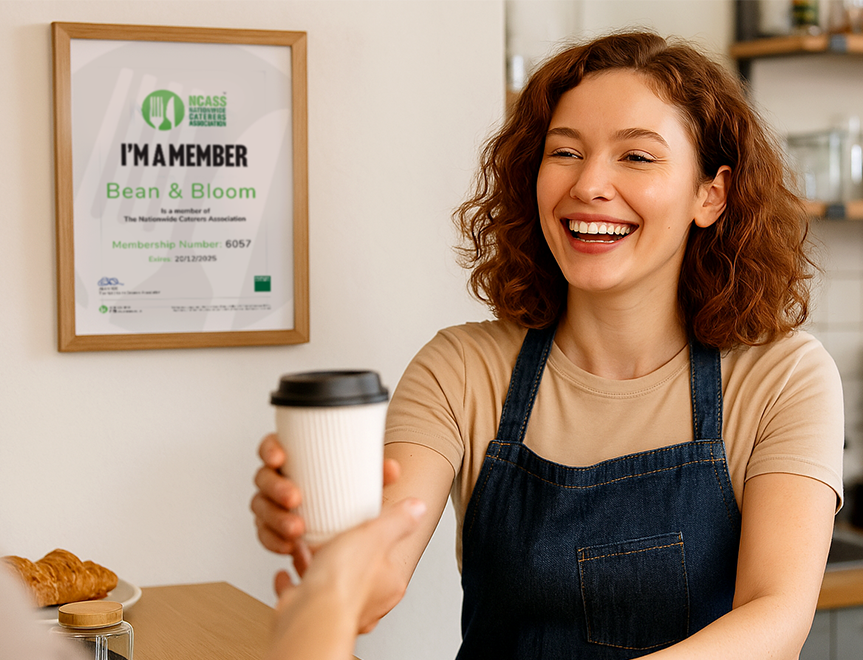You know that feeling when you walk into a really good bookshop? There’s something about the smell of paper and coffee, the quiet buzz of people discovering things, the way conversations just seem to happen naturally. Well, imagine that, but with wine.
That’s exactly what’s happening across the UK right now. People are opening these incredible hybrid spaces where you can browse books with a glass of wine in your hand, where quiet coffee mornings turn into lively evening gatherings, and where going out alone doesn’t feel weird at all.
The Soul of the High Street
In an era where chain stores and online retail have stripped the personality from many town centres, bookshop bars are breathing life back into our high streets. They’re not just businesses; they’re cultural anchors that give communities a reason to gather, connect, and belong.
Consider what happens when you step into a bookshop bar. You’re immediately removed from the noise of daily life into a space that actually has something to offer. Maybe you’ll discover a good read while working through a decent bottle of wine, or find yourself talking to someone about books rather than the weather. These venues create the kind of natural, meaningful interactions that are increasingly rare.
The genius lies in their dual nature. By day, they serve as quiet refuges for remote workers, students, and anyone wanting to read without interruption. Come evening, they become social spaces where books give people something interesting to talk about. It’s hospitality with substance—offering not just drinks and food, but actually engaging environments.
Why Bookshop Bars Are Capturing Hearts (and Wallets)
The surge in popularity isn’t coincidental. These venues tap into several powerful cultural currents that savvy hospitality professionals should understand:
The Experience Economy Revolution: Today’s consumers don’t just want products or services—they want experiences worth their time and money. Bookshop bars deliver this effectively. Where else can you attend a poetry reading while having a drink, or join a book club that includes wine tasting? They’re selling experiences, not just books and beverages.
The Antidote to Digital Overwhelm: In our hyperconnected world, there’s genuine demand for offline experiences. Reading physical books while having face-to-face conversation over drinks offers a break from constant screen time. These venues give people permission to slow down and engage with ideas rather than just scroll through information.
Solo Hospitality Reimagined: Perhaps most significantly, bookshop bars have solved the problem of solo drinking. While many people—particularly women—might feel uncomfortable having a drink alone at a traditional pub, sitting with a book and a glass of wine feels completely normal and even sophisticated. The book provides a comfortable social buffer, transforming solitude from potentially awkward to perfectly acceptable. This has opened up an entirely new customer segment: people who want to enjoy quality food and drink on their own terms, without social pressure or safety concerns.
Community Craving: The pandemic taught us the vital importance of genuine community connection. Bookshop bars excel at creating spaces where people can relax, socialise, and feel they belong. They’re designing communities around shared passions rather than geographical proximity alone.
Curation Over Consumption: Modern consumers increasingly value curation and expertise. Bookshop bars don’t just stock any books or serve any drinks—they carefully curate selections that reflect their personality and clientele. This thoughtful approach extends to their events, creating programming that feels intentional rather than commercial.
The Economic Magic
From a business perspective, bookshop bars represent inspired diversification. They’re creating multiple revenue streams that support and enhance each other. Book sales might have smaller margins, but they drive footfall and longer dwell times. Customers who come for coffee stay for lunch. Evening poetry readings turn into profitable bar nights. Author events create marketing buzz that money can’t buy.
The model also allows for creative pricing strategies. Premium experiences—like literary-themed cocktail flights or exclusive author dinnings—can command higher prices because they offer genuine value beyond the sum of their parts. It’s not just a drink; it’s membership in a cultural community.
Where the Story Unfolds: UK Locations Leading the Way
The bookshop bar movement is flourishing across diverse UK locations, from bustling urban centres to charming market towns. London leads the charge with venues like BookBar, which operates in both Islington and Chelsea, while Glasgow’s The Last Bookstore on Hope Street combines books with cocktails in the city centre.
These venues are strategically choosing locations with strong literary heritage, university populations, or gentrifying neighbourhoods where creative professionals and young families are seeking authentic community experiences. The trend is spreading beyond major cities into smaller towns where independent bookshops are reimagining their future by adding evening hospitality offerings.
What’s particularly interesting is that many are establishing themselves in areas with good transport links and pedestrian-friendly environments—locations where people feel comfortable walking to and from in the evening hours.
Creating Safe Havens: Prioritising Customer Wellbeing
Given that bookshop bars are successfully attracting solo female customers and creating more inclusive drinking environments, forward-thinking operators are implementing comprehensive safety initiatives that go far beyond industry standards:
Partnership Programmes with Transport Services: Establishing relationships with local taxi companies and ride-sharing services to offer discounted rides home, or even pre-arranged group transport options for regular customers. Some venues are creating “safe ride home” tabs where customers can add taxi fare to their bill.
Community Safety Networks: Partnering with neighbouring businesses to create informal street-watching networks, ensuring well-lit walking routes, and establishing relationships with local community support groups. Staff training includes recognising signs of distress and knowing local support resources.
Digital Safety Tools: Implementing systems where customers can discreetly signal for help through QR codes that connect to staff, or partnering with safety apps that allow customers to share their location with trusted contacts. Some venues are introducing “angel shot” equivalent systems specifically designed for their literary environment.
Structured Event Programming: Timing events to end at reasonable hours with organised departures, offering “book buddy” systems where regular customers can share transport, and creating WhatsApp groups for different neighbourhoods to coordinate safe journeys home.
Staff Excellence Initiatives: Training staff not just in responsible service but in spotting potentially vulnerable situations, de-escalation techniques, and building genuine rapport with regular customers who might be drinking alone. Creating a culture where staff genuinely care about customer wellbeing.
Physical Environment Design: Thoughtful lighting both inside and immediately outside the venue, clear sightlines throughout the space, and seating arrangements that allow solo customers to feel both comfortable and secure while still being part of the community atmosphere.
The Ripple Effect
The impact extends beyond individual businesses. Bookshop bars often catalyse broader high street regeneration. They attract the kind of customers who explore, who discover other local businesses, who contribute to the area’s cultural reputation. They become anchors around which other independent businesses can thrive.
They also support local creative communities in ways that pure hospitality venues cannot. By hosting author readings, book launches, writing workshops, and literary discussions, they create platforms for local talent while programming that keeps customers engaged and coming back.
Writing Your Own Success Story
For independent hospitality professionals considering this model, the lessons are clear: authenticity matters more than scale, community trumps commerce, and experiences outlast transactions. Bookshop bars succeed because they understand that people don’t just want to drink or eat—they want to belong, to discover, to connect with ideas and each other.
The most successful bookshop bars aren’t trying to be everything to everyone. Instead, they’re doubling down on what makes them unique, building loyal communities around shared values and interests. They’re proving that in a world of increasing homogenisation, distinctiveness isn’t just valuable—it’s essential for survival.
As we look toward the future of independent hospitality, bookshop bars offer a compelling vision: businesses that don’t just serve their communities but actively enrich them, venues that don’t just fill stomachs but feed souls, and entrepreneurs who understand that the best hospitality tells a story worth experiencing again and again.
The next chapter of your hospitality journey might just begin with turning the page to this inspiring new model. After all, every great story starts with someone brave enough to imagine a different ending.
The question isn’t whether bookshop bars will continue to thrive—it’s whether you’ll be part of writing their next chapter.






 Featured Training
Featured Training
OUR MEMBERSHIP
We're here to help make your catering business a success. Whether that be starting up or getting on top of your compliance and marketing. We're here to help you succeed.
Want our latest content?
Subscribe to our mailing list and get weekly insights, resources and articles for free
Get the emails